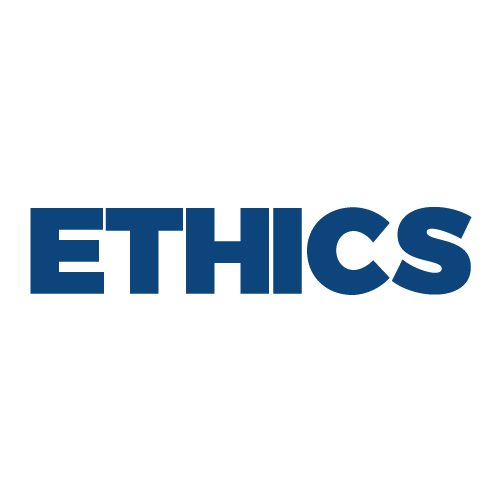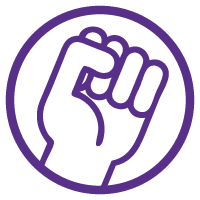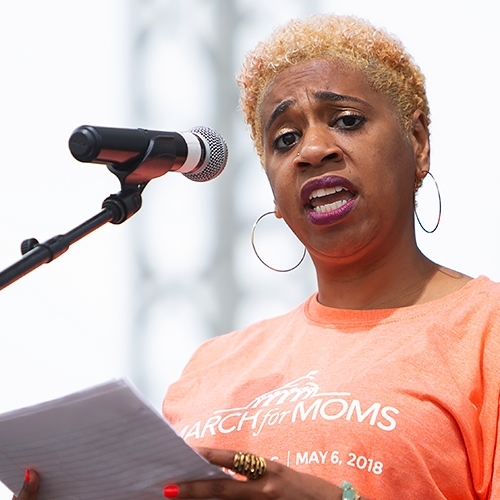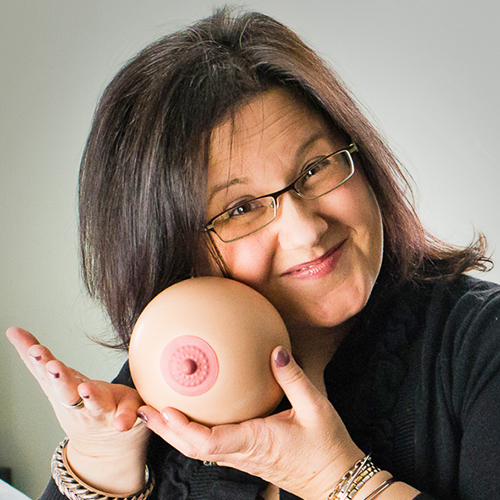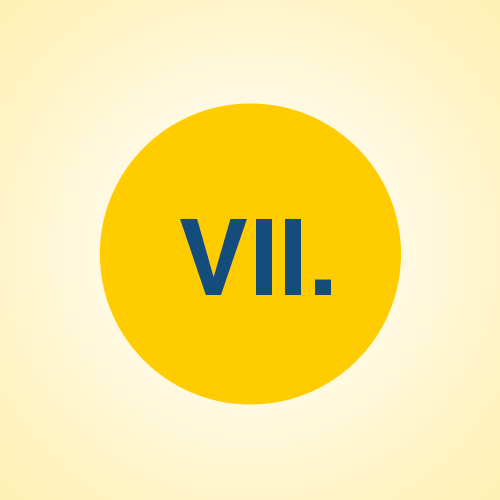 IBCLC Detailed Content Outline: Clinical Skills / Education and Communication Focused CERPs - Section VII B
IBCLC Detailed Content Outline: Clinical Skills / Education and Communication Focused CERPs - Section VII B
Access CERPs on Clinical Skills / Education and Communication for the IBCLC Detailed Content Outline recertification requirements. On-demand viewing of the latest Clinical Skills / Education and Communication focused IBCLC CERPs at your own pace.
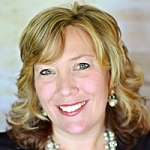
Enhanced Counseling Skills for the Lactation Educator

Christy Jo has over 25 years of teaching experience. She is passionate about teaching in ways that simplify learning. She has been awarded the United States Presidential Volunteer Award for her community service, the Phyllis Klaus Founder's Award for her contribution to the Mother/Baby bond and the Above and Beyond Award for innovative projects that exemplify the mission of Public Health. She has also been named Lactation Educator Faculty of the Year from Childbirth and Postpartum Professionals Association and earned their Visionary Award in 2015. Christy Jo is the author of Mommy Feeds Baby and co-author of Making Milk. She created the Grow Our Own Lactation Consultant/IBCLC Prep Course which has been used to train hundreds of students to become Lactation Consultants. She currently resides in California with her husband and three children. She continues to serve her community as a birth doula, Private Practice IBCLC, Health Educator for Public Health, and faculty for the CAPPA CLE© and Childbirth Educator Programs.
Topic: Enhanced Counseling Skills for the Lactation Educator - [View Abstract]
Topic: Expanding Our Audience to Gain Greater Appreciation and Acceptance of Breastfeeding - [View Abstract]
Topic: Sharing Your Wisdom: From Abstract Idea to Awesome Prenatal Breastfeeding Class - [View Abstract]
Topic: The Art of Communication: Simplifying Birth and Breastfeeding - [View Abstract]
Functioning in the role of a lactation educator, one must be equipped with the tools for effective communication.
This topic explores the many ways to communicate successfully with prenatal and postpartum individuals. The talk highlights open-ended questions, affirmations, education and the anticipated results of three-step counseling. The presentation also explains how to recognize “change talk” and what words may signal an “open door” to further opportunities for sharing. Circle Charts and Participant Centered Education are discussed in detail. This talks prepares the counselor to share information in an open-minded, non-judgmental way that results in profitable teaching and learning for the counselor and perinatal person. These skills are presented in a fun, unique way and provide more tools for the lactation educator’s tool box.
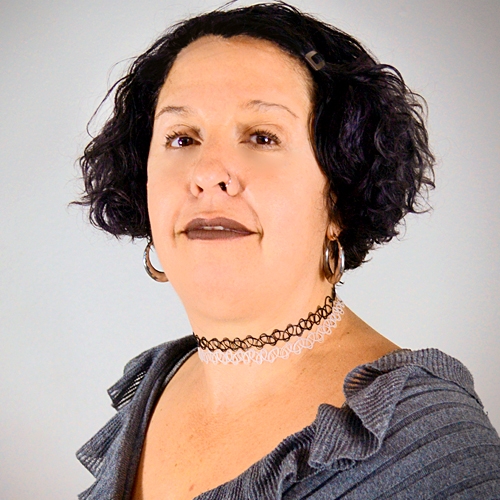
Equity and Safer Infant Feeding in Times of Disaster and Civil Unrest

Lourdes Santaballa is a community activist and organizer, with a background in domestic violence, affordable housing, and economic equity advocacy. A La Leche League leader from 2009-2017 and IBCLC since 2011, she was the founder of the lactation program at sePARE, providing coordinated services to low income families, leading it to receive the ILCA Care Award and received the Wilson-Clay Hoover Award for Research. Lourdes received the notorious Drs. Ruth Lawrence and Audrey Naylor Legacy Scholarship in 2016 by the United States Breastfeeding Committee, the Miriam H. Labbok Award for Excellence at the Breastfeeding and Feminism conference in 2018 and is currently completing her master’s degree in clinical nutrition. In October 2017, following Hurricanes Irma and Maria, Lourdes founded Alimentación Segura Infantil or ASI, an Infant and Young Child feeding program focused on increasing breastfeeding, leadership and training in marginalized communities in Puerto Rico.
In times of civil instability and changing global climate, we risk natural disasters, infrastructure failure, terrorist situation, police brutality, mass migration, chemical accident, war or other type of emergencies. Infants and young children under the age of 2 are the most vulnerable due to their dependence on adults for survival and their delicate physiology. We know that lactation in emergencies saves lives, yet the unrest that occurs in the days immediately after the disaster may contribute to premature weaning. At the same time, many babies are not breast or chestfed at all or only partially. This session will explore the methods to preserve breastfeeding, decrease the use of formula and other human milk substitutes, promote relactation, and teach appropriate complementary feeding in a disaster appropriate, low tech and resource limited environment. We will also discuss the colonial and patriarchal of humanitarian relief and how to make equity our focal point.

View Details / Enroll
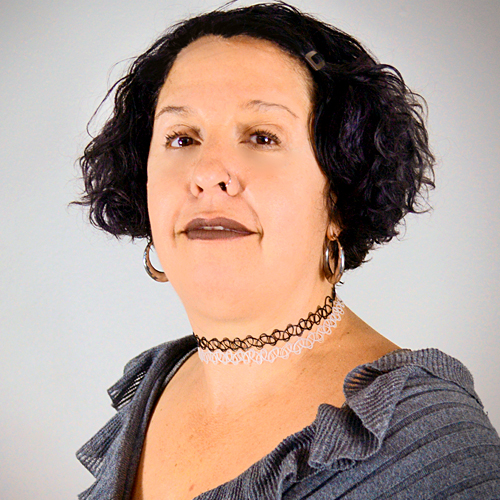
View Details / Enroll
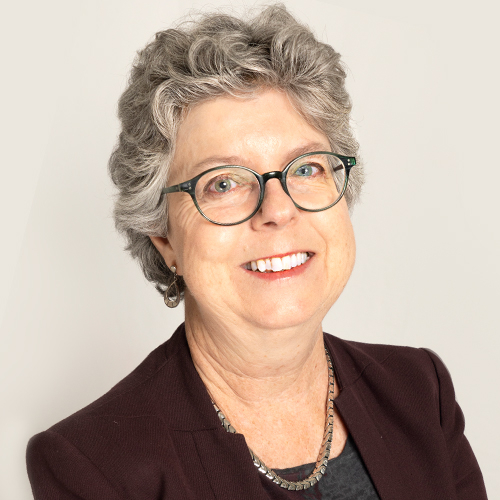

Professor Lisa Amir is a general practitioner and has been an International Board Certified Lactation Consultant since 1989. She is the author of over 120 peer-reviewed articles on breastfeeding. She works in breastfeeding medicine at The Royal Women’s Hospital in Melbourne, Australia. She is a Principal Research Fellow at Judith Lumley Centre, La Trobe University and is the Editor-in-Chief of the open access journal, International Breastfeeding Journal.
Topic: Ethical Issues in the Use of Medications During Lactation - [View Abstract]
Topic: Taking a Lactation History: From Pregnancy to Postpartum and Beyond - [View Abstract]
Topic: Urban Design Solutions to Support Breastfeeding in Public - [View Abstract]
Public health ethics relates to moral implications of activities aimed at maintaining and improving population health. Public health researchers embrace participation of affected populations in all stages of research from design to translation. In the past, pharmaceutical companies have avoided the issue of women’s reproductive life and excluded pregnant and breastfeeding women from the drug development process and then advised prescribers to avoid their medications in pregnancy and lactation. Therefore, when clinicians need to prescribe medications during lactation, they do this off-label, often without evidence or guidance regarding optimal dosing or treatment recommendations. Application of the concept of equity should ensure that all groups, including breastfeeding parents, are not neglected and receive directly targeted interventions to improve their health outcomes. The ethical frame which routinely excluded participants who may be pregnant or lactating from clinical trials, is now being turned around to recognise that these groups have the right to be included.


Diane Wiessinger, MS, IBCLC, is a co-author, with Diana West, Linda Smith, and Teresa Pitman, of La Leche League International’s Sweet Sleep Nighttime and Naptime Strategies for the Breastfeeding Family. She is also a co-author, with Diana West and Teresa Pitman, of the 8th edition of LLLl's Womanly Art of Breastfeeding. Other publications include chapters in Genna's Supporting Sucking Skills in Breastfeeding Infants and Smith's The ABC's of Private Practice, and journal articles and essays on latching, lip ties, D-MER, motherhood in other mammals, and breastfeeding language. Diane self-publishes more than 75 breastfeeding handouts for mothers. She has spoken in over 40 states and provinces and in Europe, Asia, and Oceania.
Topic: The Safe Sleep Seven: Middle Ground for Safe Infant Sleep - [View Abstract]
Babies haven’t changed, but our understanding of how they attach to the breast certainly has. A journey through more than 50 years of “skilled help” with breastfeeding, what we thought we knew, what we think we know, and how we’re circling back to our beginnings and some surprisingly simple conclusions.
View Details / Enroll

Expanding Our Audience to Gain Greater Appreciation and Acceptance of Breastfeeding

Christy Jo has over 25 years of teaching experience. She is passionate about teaching in ways that simplify learning. She has been awarded the United States Presidential Volunteer Award for her community service, the Phyllis Klaus Founder's Award for her contribution to the Mother/Baby bond and the Above and Beyond Award for innovative projects that exemplify the mission of Public Health. She has also been named Lactation Educator Faculty of the Year from Childbirth and Postpartum Professionals Association and earned their Visionary Award in 2015. Christy Jo is the author of Mommy Feeds Baby and co-author of Making Milk. She created the Grow Our Own Lactation Consultant/IBCLC Prep Course which has been used to train hundreds of students to become Lactation Consultants. She currently resides in California with her husband and three children. She continues to serve her community as a birth doula, Private Practice IBCLC, Health Educator for Public Health, and faculty for the CAPPA CLE© and Childbirth Educator Programs.
Topic: Enhanced Counseling Skills for the Lactation Educator - [View Abstract]
Topic: Expanding Our Audience to Gain Greater Appreciation and Acceptance of Breastfeeding - [View Abstract]
Topic: Sharing Your Wisdom: From Abstract Idea to Awesome Prenatal Breastfeeding Class - [View Abstract]
Topic: The Art of Communication: Simplifying Birth and Breastfeeding - [View Abstract]
As educators and health organizations, we mostly target prenatal women with the breastfeeding message and then are surprised at the push-back we receive from those who do not embrace breastfeeding. In order to tip the scale in breastfeeding acceptance, we must broaden our audience.
This presentation will focus on reaching a larger audience. We must project our message to the masses. It is crucial to share breastfeeding education to society, early and frequently. Breastfeeding education should begin in the school system and be geared for each age appropriately.
We must offer education in a way that each person and organization understands how it applies to them and their situation. For instance, employers will be more likely to embrace the employee that breastfeeds if they understand the far-reaching effects of breastfeeding. The lawmakers will be more likely to approve lactation laws if they comprehend the need for legislation. Partners will offer appropriate support if they receive the same education that is often reserved for the pregnant woman. This presentation will give suggestions of how to reach family, communities, professionals, and lawmakers with the breastfeeding message. When societies embrace breastfeeding, they will embrace breastfeeding women and see it as the norm.
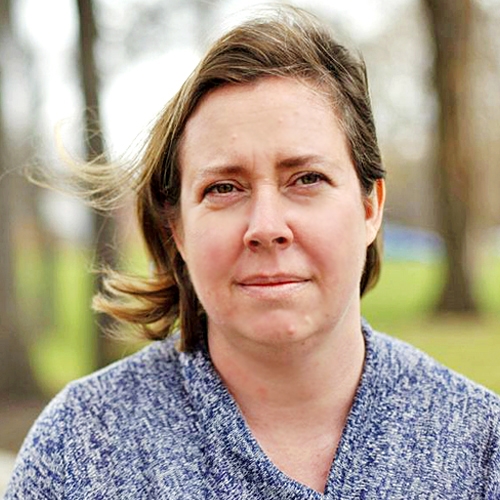
Facilitated Discussion on IYCF-E and the Role of the Lactation Professional

Michelle Pensa Branco MPH IBCLC is a lactation consultant and public health advocate. In addition to her clinical practice, which has included in-hospital, outpatient and private practice settings, she advocates for improved maternal-child health practices at the local, national and global level. She has a particular interest in the impact of trauma to breastfeeding families, models of peer support to improve breastfeeding outcomes and the application of health communication principles to the promotion and protection of breastfeeding. Michelle serves as the Director of Peer Support Programs and provides clinical lactation expertise for Nurture Project International, the only international NGO focused exclusively on infant feeding in emergencies. With Jodine Chase, she co-founded a Canadian non-profit organization, SafelyFed Canada. She is also an active member of the Ontario Public Health Association’s Breastfeeding Promotion Working Group. Michelle has previously served as the Vice-Chair of La Leche League Canada, the Communications Director for the Canadian Lactation Consultants Association as well as the Toronto Coordinator of INFACT Canada. When she is not travelling for work, Michelle stays close to home, living with her family just outside Toronto, Ontario, Canada.
Topic: Keeping the Fox Out of the Chicken Coop: Safeguarding Your Reputation Against Baby Feeding Industry Influence - [View Abstract]
Topic: Playing Well with Others: Collaborating in High Conflict/Low Trust Settings - [View Abstract]
Topic: Watching Our Words: Is Risk-Based Language Always the Right Choice? - [View Abstract]
In emergencies, breastfeeding saves lives - and yet, regardless of the location or type of disaster, breastfeeding and complementary feeding practices are eroded during an emergency. Infant and young child feeding in emergencies (IYCF-E) requires a multi-sectoral approach to meet the needs of both breastfed and non-breastfed children. Where do the skills of breastfeeding counsellors, educators and IBCLCs fit into the IYCF-E response? What competencies do IBCLCs need to provide clinical care in a humanitarian setting and how can IBCLCs obtain those (if they don’t already have them)? Bring your thoughts, experiences and questions and join us for a facilitated discussion about the role of skilled breastfeeding support in protecting infants and young children in emergencies.

View Details / Enroll
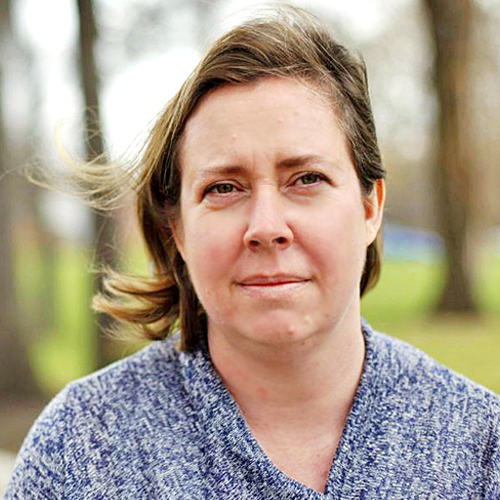
View Details / Enroll
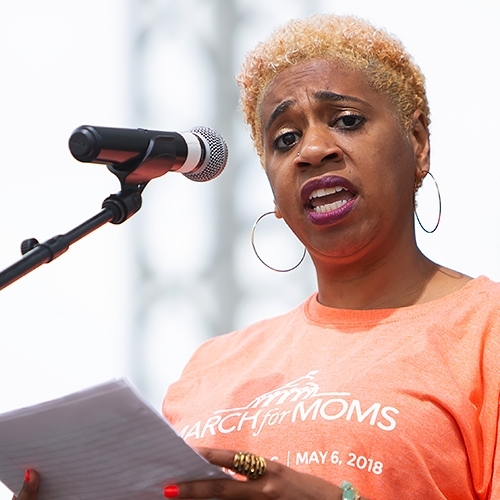

Chauntel Norris is a native of Birmingham, AL. She attended the University of Alabama at Birmingham where she earned her B.A. in African American Studies & her B.S. in Psychology.
Chauntel is a DONA trained Birth & Post-Partum Doula, a Lamaze trained Childbirth Educator and a Certified Lactation Counselor.
She is the Co-founder of Baobab Birth Collective and currently serves as the Mother's Milk Initiative Coordinator for the Alabama Prison Birth Project.
Chauntel is the mother of two brilliant children Amaiya and Ozell.
During this presentation the barriers of incarceration as it relates to lactating parents will be discussed. An overview of Program development, Partnerships development and working with corrections will also be considered. I will also show how our Alabama initiative combats those barriers and allows incarcerated women to be able to provide their milk to their infants.

View Details / Enroll

Feeding is Movement: Activities for Supporting Optimal Infant Oral Function

Melissa Cole, MS, IBCLC, RLC is a board certified lactation consultant, neonatal oral-motor assessment professional, and clinical herbalist in private practice. Melissa has been passionate about providing comprehensive, holistic lactation support and improving the level of clinical lactation skills for health professionals. She enjoys teaching, researching and writing about wellness and lactation-related topics. Melissa holds a bachelor of science degree in maternal child health and lactation consulting and her master’s work is in therapeutic, clinical herbalism. Melissa actively conducts research and collaborates with several lactation and health care professional associations. Before pursuing her current path, Melissa’s background was in education and cultural arts, which has served her well in her work as a lactation consultant and healthcare educator. She loves living, working and playing in the beautiful Pacific Northwest with her 3 children.
Topic: Beyond Fenugreek: An Individualized Approach to Dietary and Herbal Galactagogues - [View Abstract]
Topic: Beyond the Basics of Latch: Support Strategies for Helping Babies when the Basics Aren’t Enough - [View Abstract]
Topic: Common Infant Digestive Health Concerns and Useful Support Strategies - [View Abstract]
Topic: Connection and Care: Virtual Support for Tongue-Tied Infants - [View Abstract]
Topic: Feeding is Movement: Activities for Supporting Optimal Infant Oral Function - [View Abstract]
Topic: Infant Gut Health: Common Concerns and Useful Support Strategies - [View Abstract]
Topic: Infant Oral Assessment: Exploring Anatomy and Function Beyond the Frenulum - [View Abstract]
Topic: Low Milk Production Detective Work: Assessment and Care Plan Considerations - [View Abstract]
Topic: Nature’s Nurturers: Plant Medicine for Perinatal Mental Health - [View Abstract]
Topic: New Thoughts on Infant Pre and Post-Frenotomy Care - [View Abstract]
Topic: Placenta Medicine as a Galactogogue: Tradition or Trend? - [View Abstract]
Topic: Thinking Critically About the Use of Clinical Lactation Tools - [View Abstract]
Topic: Will It Hurt? Frenotomy Aftercare Strategies to Optimize Healing Outcomes for the Newborn - [View Abstract]
Feeding is movement and some babies need personalized help when it comes to oral function and skills. This presentation covers critical thinking strategies around basic activities to support optimal infant oral function. We will review available evidence, contraindications, and targeted activities. We will discuss when and why to consider a variety of activities for the jaw, cheeks, tongue, palate, lips, and tongue. Learners will also recognize oral function concerns that require referral and connection to other allied health professionals.
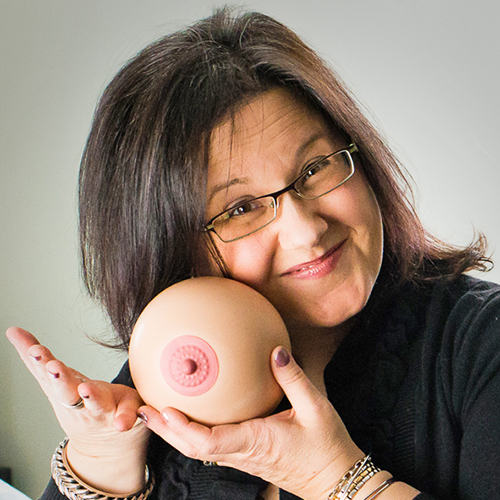
Fitting Flanges for Pumping: Rethinking Sizes and Materials

Jeanette Mesite Frem, MHS, IBCLC, RLC, CCE is an experienced childbirth educator, IBCLC-lactation consultant and retired birth doula. She started her career working with families while serving as a Peace Corps Volunteer in Côte d'Ivoire, West Africa in the early 90s. She loved that work so much she went on to receive a public health masters degree from Johns Hopkins School of Public Health, focusing her studies on nutrition for maternal and child health. Her two children were breastfed for more than 2 years each and Jeanette has experience pumping at work for both children and has supported more than a thousand families with feeding and pumping over the last 20 years.
Jeanette provides prenatal childbirth and breastfeeding classes at her office in Northborough, Massachusetts, as well as providing virtual and office feeding consultations. She also enjoys leading workshops for perinatal health professionals and mentoring those who work with families. If you have questions, feel free to email [email protected].
Topic: Pumping for Hospitalized Babies: 12 Keys to Supporting Families - [View Abstract]
As lactation professionals, our overall goal is to help more babies get more human milk. Our work often includes supporting families with pumping. For many years, we have been told to "size up" for pump flange/breast shield size but many parents and lactation professionals are now finding that sizing down is much more effective for comfort, yield and pumping efficiency. But how small? Do silicone flanges work just as well as hard plastic? Does the shape of the flange influence milk removal and comfort? This session will show participants many different flanges sizes, several different types of flanges and video snippets of real parents pumping with some of them. The session will focus on how lactation professionals can actually do a flange fitting WITH a client, both in-person and virtually. Providing effective flange fitting services as a lactation professional can increase pumping comfort and significantly increase milk yield and extend the duration of lactation for many families.
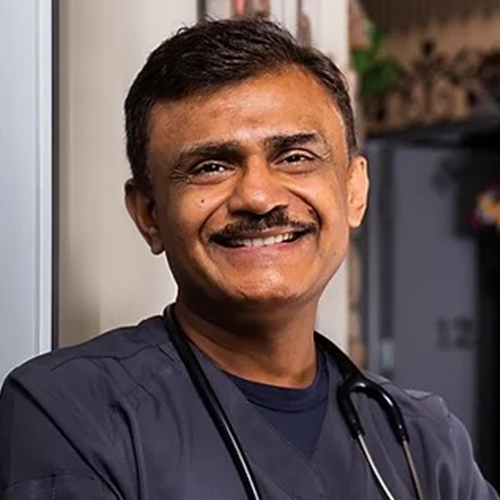
Frenectomy: The Importance of Anticipatory Guidance and Post Procedure Support

Dr. Agarwal went to medical school at All India Institute of Medical Sciences, AIIMS, in New Delhi, which is the premiere institution for medical training in India. After which, he came to the United States for his Pediatric Residency at the University of Texas Medical Branch at Galveston. Subsequently went on to join the Pediatric Nephrology fellowship at University of Florida at Gainesville. Under the program, he also conducted bench research at Ohio State University. Dr. Agarwal worked on the Eastern Shore of Virginia for eight years in general pediatrics before moving to Arizona to establish Agave Pediatrics in 2005. Over the years Dr. Agarwal has developed his own style of practicing pediatrics, which is strongly supportive of natural ways of taking care of children and emphasis on breastfeeding. During his practice, he realized that one of the biggest impairments in breastfeeding was the presence of labial and lingual ties. Having performed some procedures during medical school, he re-educated himself about the procedure and started performing them in 2007. In the last 15 years, Dr. Agarwal has performed more than 18000 frenotomies. Now, along with a busy clinical practice, he has made it his goal to spread the awareness about the issues related to labial and lingual ties to pediatricians, lactation consultants, doulas, midwives -everybody who helps mothers with the process of breastfeeding and in taking care of children with feeding and speech difficulties.
Frenectomy has become an increasingly more common procedure since the resurgence of interest in breastfeeding. Patient selection and anticipatory guidance provided to the family are key to success in reaching their goals. An honest discussion about the indications for doing the procedure and providing them with resources preemptively help in establishing trust and the future success of the procedure. After the procedure the care of the baby and the site are very intimidating to families and support at that time is vital to the success of the procedure. The post procedure experience can vary widely and to an extent depends on the family’s readiness. It is very important that post procedure be discussed before the procedure and support given after the procedure. Ultimately, the pre and post procedure interventions make the experience wholesome and conducive to successful breastfeeding.






